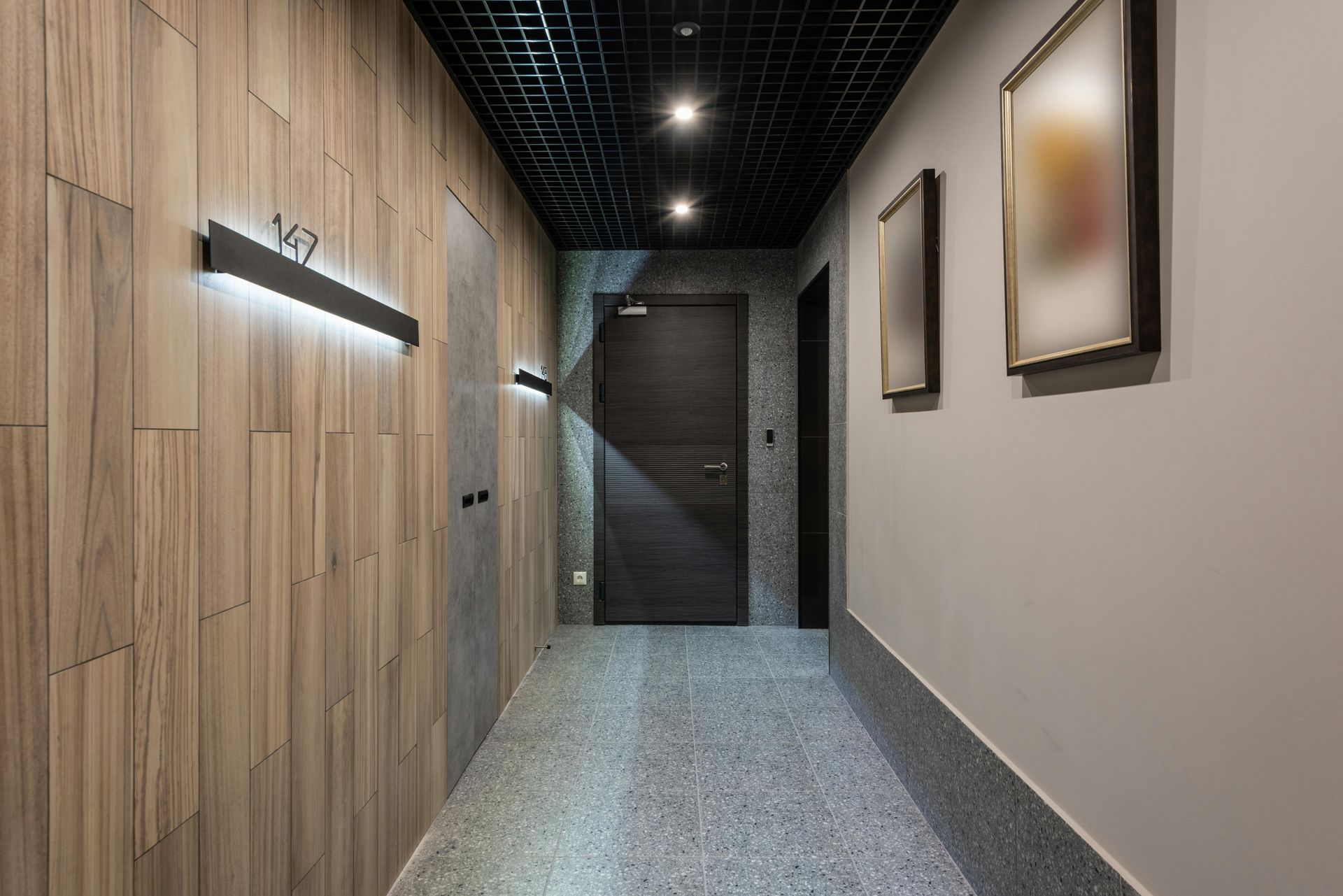Should You Inform Your Home Insurance Company About Building Work?
When you're planning to build onto your home, it's an exciting time that promises to improve your space and probably increase the value of your property. However, in among the planning, the budgeting, and the dreaming of the finished result, there's an important administrative step you shouldn't overlook: informing your home insurance company about the upcoming changes.
The Importance of Transparency
Your home insurance policy was calculated based on the condition and specifications of your property at the time you took it out. Extensions, changes and loft conversions can significantly alter these parameters by increasing the value of your home, changing its structure and adding rooms. Failure to notify your insurer might lead to your policy becoming void or claims being rejected in the future.
Risk Assessment
Insurance is all about risk, and building projects introduce new variables into the equation. From structural alterations that might affect the building's integrity to extensions that increase its footprint and rebuild cost, insurers need to reassess the risk level of the insured asset. Construction work also brings additional hazards, such as the increased likelihood of theft or accidental damage, which insurers need to account for.
Temporary Changes in Coverage
Depending on the scale of your renovation or extension, your insurance provider might need to adjust your coverage temporarily. This could involve extending your policy to include cover for building materials, and even the work itself against damage or theft. In some cases, if you're leaving the property while work is carried out, you might need unoccupied property insurance to ensure continuous coverage.
Legal and Liability Considerations
Significant renovations might also require you to update your liability coverage. If the project involves construction professionals and workers being on your property, you'll want to be protected against potential claims should someone get injured while on your premises. Moreover, if the renovations impact your neighbours or their property, it's vital to have your liability coverage assessed.
Communicating with Your Insurer
When informing your insurer, be prepared to share detailed plans of your home extension, including the nature of the work (for example kitchen extension, removal of wall, steel work or loft conversion), the expected duration, and the estimated cost. This information will help them understand the scope of the project and adjust your policy accordingly.
In some cases, insurers might restrict coverage or even temporarily suspend certain protections.
In our experience the houses in York area are regularly being extended so insurance doesn't pose many challenges.
What Happens if You Don't Inform Them?
its tempting to not say anything. However, failing to notify your insurer about building work can have significant repercussions. Should you need to make a claim during or after the renovation process, you might find that your insurer refuses to pay out, arguing that the risk was not accurately represented. This could leave you facing substantial financial loss, far outweighing any savings from not updating your policy.
Adding an extension to you home or converting your loft is an exciting venture, but it's essential to keep your home insurance provider in the loop. Not only does this ensure that your coverage remains valid, but it also protects you against unforeseen costs and complications. In the dynamic landscape of homeownership and property value, being proactive about your insurance coverage is a wise strategy for peace of mind and financial security.
The key takeaway is clear: Before embarking on any significant project, reach out to your home insurance company. This simple step can save you a world of hassle, securing your investment and safeguarding your home against the unexpected.











